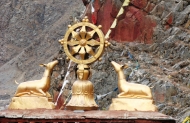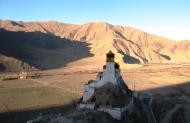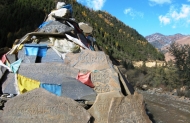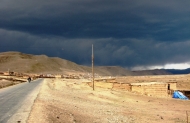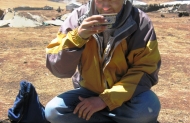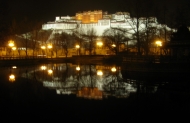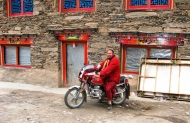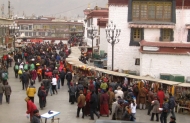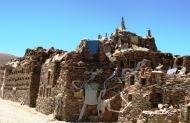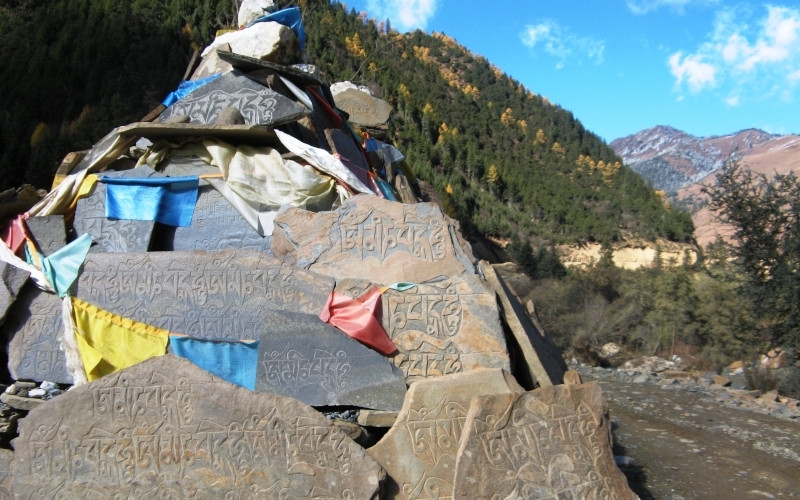
We continue publications from the "Series of Travel Essays" within the Research Project "Belts and Roads of Eurasia" by Maxim Mikhalev, member of the Eurasian Peoples' Assembly, Doctor of Historical Sciences, Associate Professor of the Educational and Scientific Center for Social Anthropology of the Russian State University for the Humanities. We bring to your attention an essay about a trip to Tibet.
…Tibet is perceived by many as a lost paradise, the kingdom of noble and highly spiritual sages, a repository of extraterrestrial and timeless holiness, the key to solving many of the problems of mankind. It seems that these five letters themselves, which make up the word "Tibet", carry a certain code that can return the soul to our long-disenchanted world. There are many reasons for this - from the romantic stories of travelers of the past and Roerich's paintings to the belief that somewhere on this Earth the city of Kitezh necessarily exists, whose inaudible bells will never stop.
We need a fairy tale, an eternal illusion, and Tibet is perfect for this role: a distant, harsh and inaccessible, fanatically religious country. Life, of course, is much more prosaic than such schemes. Tibet has not been a kingdom of highly spiritual sages for a long time, and, in fact, it never was. The people living here are concerned with exactly the same problems that we have, and nothing human is alien to them. Tourist routes have been laid to most of the mysteries, which bring good income not only to the state, but also to respectable lamas who sell holy indulgences wholesale and retail, and a cement plant smokes on the outskirts of Lhasa. Tibet builds roads and hotels, and we, who are not accustomed to real difficulties, take advantage of them with pleasure, not forgetting, out of habit, to complain about the blurring of holiness.
All this is true, but at the same time, here you can still touch the mystery, feel the breath of antiquity and experience real adventures. A photograph of a goddess in a village temple, a well leading to the underworld, a godforsaken kingdom of women, nomads with daggers and dust storms, forbidden rites and vaults of ancient books, mad dogs and wild yaks, guides and pilgrims, snowstorms and mountain peaks, disappeared peoples and insidious lamas, a living Buddha and a nomad carnival - all this is still waiting for those who are not afraid to forget for a moment about the existence of 320 buses, booking sites and air-conditioned jeeps ... Maybe this whole mountainous country is really just a great illusion, generated by our need to believe that not all secrets have yet been revealed, but still we would like to hope that this illusion will never disappear and will not allow itself to be completely debunked ...
Read the full text of the essay here.



